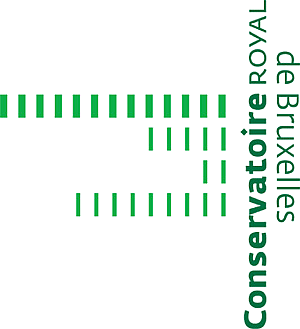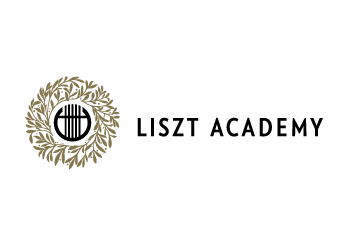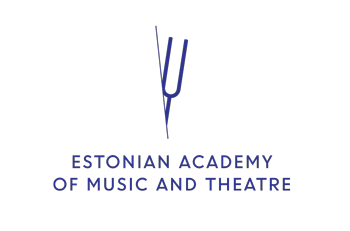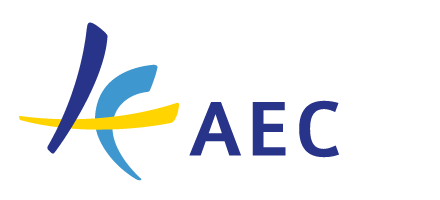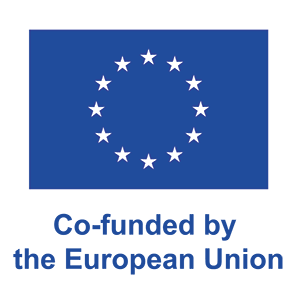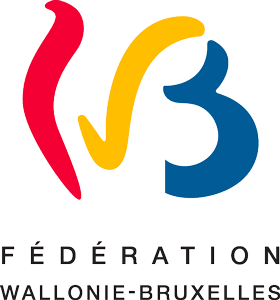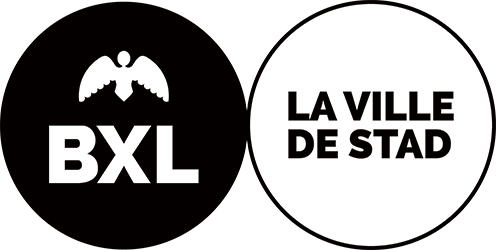Further information
-
assessment
Exam with grade E -
level
Other (Bachelor) -
 Completed Semester1, 2
Completed Semester1, 2 -
How many semesters does the course last?
2 -
hours per week
2 x 45 min plus 45 min individual practical assignment (or in groups of 3-4) -
 Link of the course
Link of the course -
 Target group of courseOther (Students of Musicology (specialisation Music History, Theory, and Journalism), Composition, Conducting (specialisations Symphonic Orchestra Conducting, Wind Orchestra Conducting))
Target group of courseOther (Students of Musicology (specialisation Music History, Theory, and Journalism), Composition, Conducting (specialisations Symphonic Orchestra Conducting, Wind Orchestra Conducting)) -
 credits3 ECTS
credits3 ECTS -
 Type of CourseLecture, Seminar, Practice
Type of CourseLecture, Seminar, Practice -
Degree Level
Bachelor -
 e-learning-elementsStudy materials and consultations
e-learning-elementsStudy materials and consultations -
Course
Mandatory -
students #
6-15 students -
Hours per year
40 hours for group lectures and practical work, 20 hours for individual lessons per person of small group -
BIBLIOGRAPHY
1. Mediņš, J. (1983). Polifonija. Rīga: Zvaigzne 2. Walker, P. (2001/ 1980a). Counterpoint. The New Grove Dictionary of Music and Musicians. Vol. 6. London: Macmillan Publishers 3. Walker, P. (2001/ 1980b). Polyphony. The New Grove Dictionary of Music and Musicians. Vol. 20. London: Macmillan Publishers 4. Mediņš J. (1970). Polifonās domas pirmsākumi latviešu tautas un profesionālajā mūzikā. Latviešu mūzika. Rīga, Liesma 5. Pelēcis, G. (2007) Polifonija V.A.Mocarta mūzikā un četros viņa studiju semestros. Dzirdēt Mocartu. Rīga: JVLAM, Zinātniskās pētniecības centrs, 2007 6. Pelēcis, G. (1989). Polifonijas meistars – novators Jēkabs Graubiņš. Jēk. Graubiņa radošā mantojuma nozīme mūsdienās. Rīga, RMMIMK 7. Pelēcis G. (1986). Polifonija Jāņa Ivanova klaviermūzikā. LVK 8. Sachs, K.-J., Dahlhaus, K. Counterpoint (2001). The New Grove Dictionary of Music and Musician, Second edition. Vol. 6. London: Macmillan Publishers Limited 9. Walker, P., Fugue (2001). The New Grove Dictionary of Music and Musician, Second edition. Vol. 9, London: Macmillan Publishers Limited -
ONLINE CATALOGUE
WITH CONTENTS -
evaluation grid
-
evaluation grid
and document
Be a part of our european project !
This European project (KA 203 Strategic Partnership) created by Salvatore Gioveni promotes cross-border collaboration in the field of Music Theory through sharing knowledge and transferring pedagogical innovation. It thus responds to a lack of centralised source and framework to deepen reflection by means of cross-disciplinary study at European and international level.
There is a significant wealth of educational practices from one country to another in this sector, especially in terms of harmonic musical notation and analysis. However, HMEI's are facing the nonexistence of a European network for pedagogical staff in Music Theory so far. To improve the situation, the project will among other things develop several intellectual outputs such as Online Platform (IO 1), an EU Bibliography (IO 2), a Repository Courses (IO 3), a Multilingual Glossary (IO 4) and an Exchange Online Learning Platform.
Besides the Conservatoire royal de Bruxelles as leader and manager of the project, the following partner institutions are involved: Music Academy S. Moniuszki Gdańsk (Gdańsk, Poland), F. Liszt Academy of Music Budapest (Budapest, Hungary), Estonian Academy for Music and Theatre (Tallinn, Estonia), HfMTh "Felix Mendelssohn Bartholdy" (Leipzig, Germany).
 | 2025
| 2025
